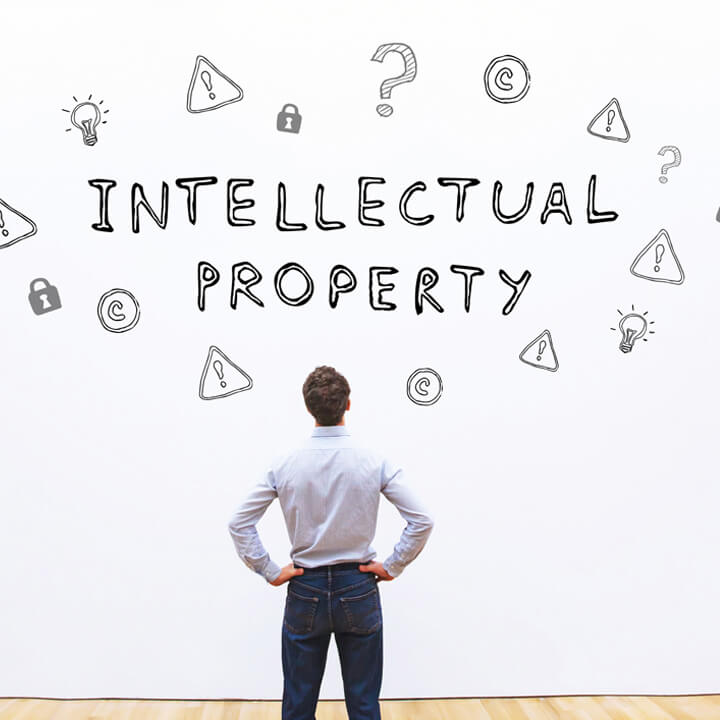Ownership of IP Rights – The Implications of the ‘Monkey Selfie’ Case
21st December 2018
Alan Harper, Walker Morris, will be presenting a webinar on: Ownership of IP Rights – The Implications of the ‘Monkey Selfie’ Case
Introduction
Intellectual property rights are often some of the most valuable assets owned by a company or an individual. Many of the rights available under English law provide owners with powerful tools to protect their intellectual creations and enable intellectual property rights holders to prevent third parties from using their rights without consent. For this reason, ownership of intellectual property rights is often a contentious issue.
This webinar will examine the US judgment in Naruto v Slater (2018) a.k.a. the ‘monkey-selfie’ case, where it was argued that an animal rather than a human could, and should, own the intellectual property rights in works that they create.
The webinar will also provide a summary of the position under English law on the ownership of intellectual property rights and consider how the law relating to ownership of intellectual property rights may evolve in future to factor in ownership of works not created by humans, particularly in relation to works created by artificial intelligence and machines.
This webinar has been designed to help anyone who deals with intellectual property or employee creations in their day to day work to improve their understanding of the law relating to ownership of intellectual property rights and to assist them in anticipating future developments in this dynamic area of law.
What You Will Learn
This webinar will cover the following:
- The judgment of the court in the Naruto v Slater case, including an examination of the reasons behind the court’s judgment.
- An up-to-date summary of the legal position on ownership of intellectual property rights under English law, including in the context of employment and commissioned works.
- An analysis and consideration of the future implications of the Naruto v Slater case on English law and horizon-scanning on the possible legal issues which may arise in future in relation to ownership of works created by artificial intelligence and machines.
This pre-recorded webinar will be streamed at 12.30pm on 29 January 2019 and will remain available to view by delegates who have registered by then for 90 days.
Speaker: Alan Harper, Director, Walker Morris LLP
Alan is a specialist intellectual property solicitor and advises across the full spectrum of IP matters and rights including patents, trade marks, copyright and designs. He is experienced in dealing with a broad range of intellectual property disputes and enforcement in various forums ranging from the High Court to the Intellectual Property Enterprise Court (IPEC). Alan also frequently provides strategic advice to clients in relation to non-contentious matters such as the creation, capture and exploitation of intellectual property rights.



